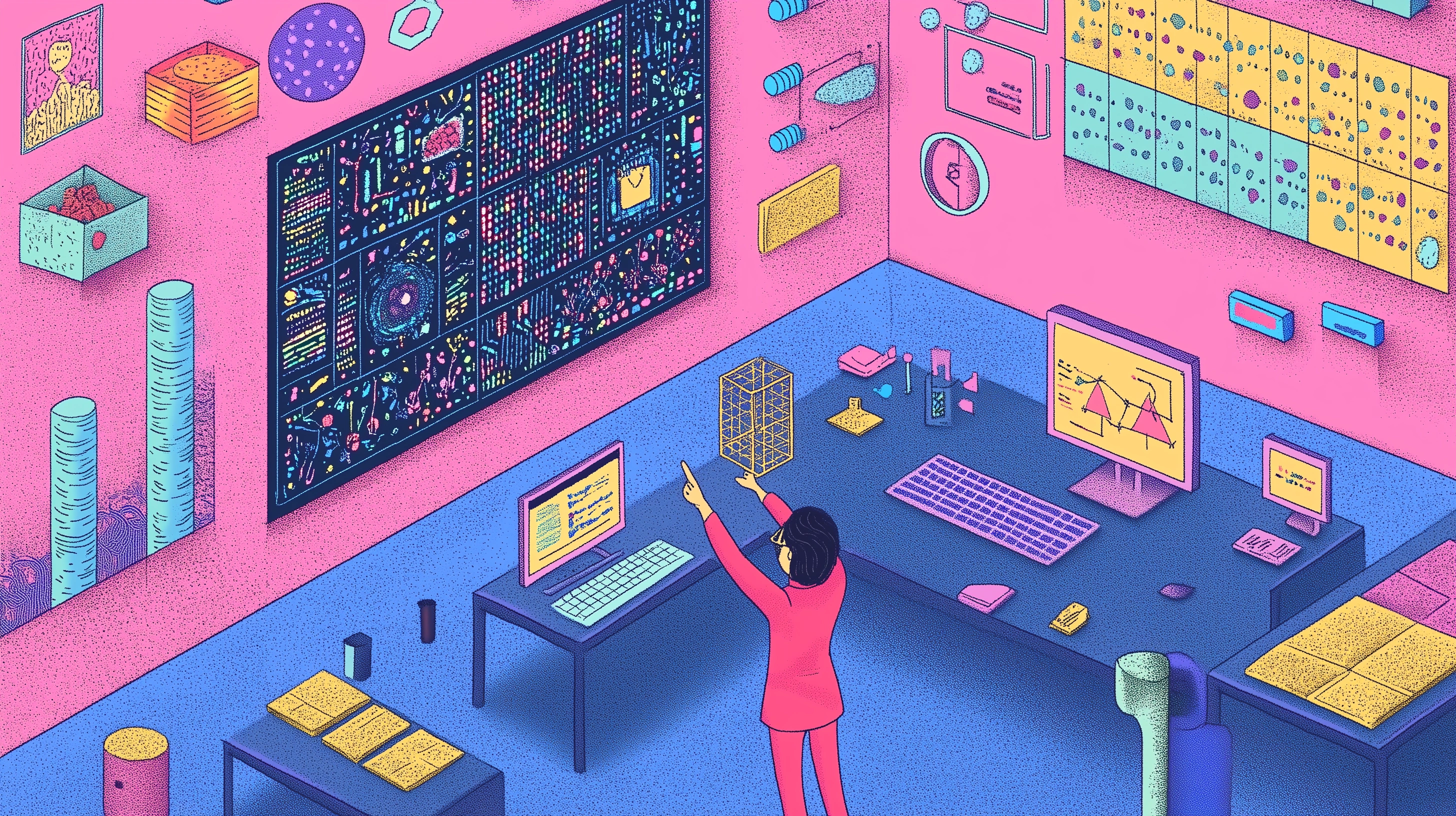Those who wait and those who build

The AI space is often referred to as the ‘new dotcom boom’, something that will change the lives of everyone forever and therefore everyone needs to be excited about beyond words. While I share the sentiment up to a point, there are flashbacks to the web 3.0 craze that gripped a lot of us in the tech scene in 2020 and 2021
The AI space is often referred to as the ‘new dotcom boom’, something that will change the lives of everyone forever and therefore everyone needs to be excited about beyond words. While I share the sentiment up to a point, there are flashbacks to the web 3.0 craze that gripped a lot of us in the tech scene in 2020 and 2021. Opportunities and possibilities everywhere, and everyone jumped on the rocket ship ships web 3.0 fueled. Cryptocurrencies, Blockchain-based systems and NFTs, if you were not in at least one of them at the time people looked at you like you were a caveman. The thing with most of the web 3.0 stuff was that you could easily participate without much more hassle than joining an online community; register your username, confirm your email and you were away. Crypto exchanges facilitated the ease of use that was necessary for large scale adoption and with that, everyone and their grandma all of a sudden was a #crypto #investor (at least on their Instagram page).
When I considered both trends, with Web3 currently going the way of fad, a remarkable observation took place: while many of us are talking about AI, almost none of us are actually building AI-related solutions.
The Web3 hype and the current enthusiasm for AI share a common narrative of transformative potential, but the differences in their adoption, application, and impact are stark. Web3, with its blockchain, cryptocurrencies, and NFTs, promised decentralization and empowerment of the individual. Its allure was in its seeming simplicity and the democratization of investment and ownership. However, this simplicity often masked a lack of tangible utility and real-world application for the average person, leading to speculative bubbles rather than sustainable growth. In contrast, AI's hype is rooted in its immediate and tangible benefits across various sectors. From healthcare diagnostics to enhancing creative processes, AI's applications are vast and deeply integrated into the fabric of how industries operate. Unlike Web3, AI requires a sophisticated understanding of data, algorithms, and ethical considerations, making its barrier to entry higher but its impact more profound and lasting.
There is also the difference in community engagement between the two hypes and I believe it illuminates a fundamental divergence in their trajectories. The Web3 movement was characterized by a gold rush mentality, with individuals and companies alike diving in with little to no regard for the underlying technology's long-term viability or ethical implications. This led to a volatile market, driven more by speculation than by the creation of value. On the other hand, the AI space, while also experiencing its share of hype, demands a deeper engagement with the technology itself. Building AI solutions requires not just technical expertise but a thoughtful consideration of the ethical, social, and economic impacts. This has fostered a more collaborative and research-driven environment, where advancements are made not just for profit, but for the potential societal benefits. As such, while Web3 often felt like an exclusive club for those in the know, AI stands as a field where the depth of understanding and the willingness to tackle complex challenges are the true markers of engagement. This shift from speculative investment to creating real-world solutions marks a significant evolution in how we approach emerging technologies, with AI leading the way in demonstrating the tangible benefits of innovation.
Opportunities and possibilities
At Eli5, we see tremendous opportunity to use AI for a better life. There are multiple areas, such as using AI as production tool by supercharging the creative process, elevating the quality of the work we deliver and boosting the general efficiency and processes by which we deliver our output. It can also be used to bring education to the level everyone has always aspired to (immediate translation and contextualization for example), reimagining education by making it tailored (and fun!) and being a learning instrument in and of itself. The list goes on, with Eli5 even being actively involved in projects in the logistics, health and (cyber)security domains.
There are, undeniably, also some challenges and risks. Whether looking at the micro or macro, we have to thread carefully and decisively. For the individual, privacy, and copyright are the most debated topics. But what about protecting the autonomy of civilians and their rights ? Or the impact of large-scale AI on the employment rate ? Will the quality of work drop dramatically if people cannot work with AI for some reason ? I’m currently writing this on an airplane without WiFi and I can tell you that it became very apparent to me that I am so used to working online that not working without an active connection to the world wide web feels strange, artificial even. I wonder if someone will feel the same about not being able to work with AI in the future.
So, what to do now? Here is a 5 step plan I believe everyone should be actively pursuing
- Educate yourself on AI's possibilities.
- Understand the basics of working with AI.
- Leverage no-code tools to test assumptions and build prototypes.
- For companies lacking time or in-house capabilities, Eli5 offers Discovery, Build, and Scale services to chart your AI strategy and build the solutions that can execute your AI initiatives.
The AI revolution is underway. Will you be a builder, forging new ground, or an observer waiting for others to define our AI-driven future? The choice is yours, but as the adage goes: "The best way to predict the future is to create it."





.png)

.jpg)






.webp)






%20(1).png)






.webp)
.webp)



